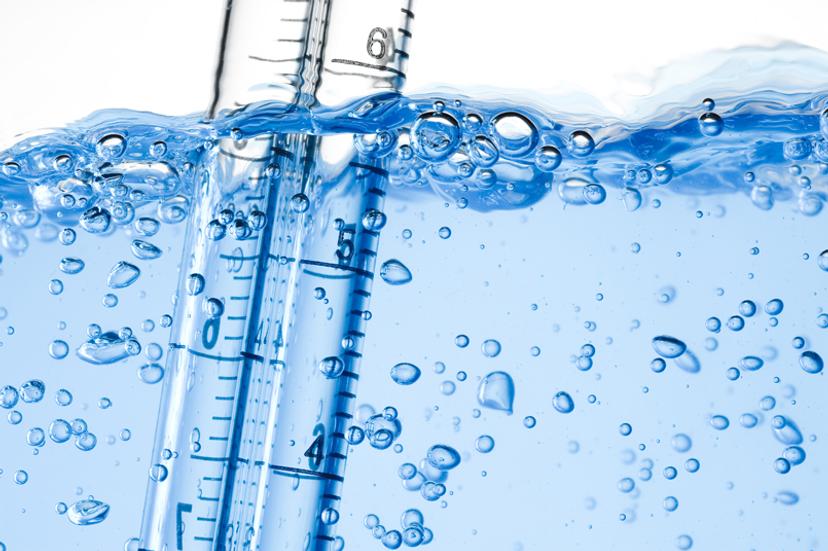Webinar Highlights: Best Practices to Reduce Water Contamination in Your Chromatography Analysis
Read the highlights from this indispensable webinar
7 Jun 2016

Image: Jaroslav74/Shutterstock
The quality of the ultrapure water you use for your HPLC, LC-MS and LC-MS/MS analyses has a critical role in the accuracy of your results. Any contamination present in the water used in your HPLC and LC-MS mobile phase, for the preparation of samples, standards and blanks, and for instrument cleaning, can affect your analyses.
In this webinar, Anastasia Khvataeva-Domanov, Global Application Engineer at Merck Millipore, discussed best practices for performing reliable HPLC and LC-MS analyses. Read on for the highlights of the Q&A session, including additional questions answered offline. If you missed it, watch the full webinar here.
Water quality and recontamination
Q: Can the laboratory environment affect water quality?
A: Yes, laboratory environment is an important factor. Any contamination present in the lab environment may contaminate water, so you should avoid storing water in the laboratory for a long time. If for some reason, you do need to store water, tightly sealed containers should be used to avoid particle, bacterial, ionic or volatile organic contamination from the environment.
Q: How can I reduce the risk of water recontamination?
A: Water collection containers should be kept closed and repeated opening and closing of water containers should be avoided.
Q: Can you recommend a cleaning procedure for lab ware?
A: Many customers will already have established procedures for cleaning glassware and, unless they have contamination problems, do not need to change them. We process glassware at high temperature, clean with a suitable solvent, then rinse several times with ultrapure water.
Water containers
Q: What type of glass container do you recommend for LC-MS?
A: Borosilicate glass is recommended as it is less prone to ionic leakage and no organic contamination issues have been reported, which is why it is commonly used in LC-MS.
Q: How many times can we use ultrapure water from a bottle once it has been opened?
A: It is reasonable to use ultrapure water for up to one week, but you should avoid leaving the bottle open for extended periods and repeated opening and closing.
Water purification systems
Q: How long can we store the ultrapure water after it has been dispensed from the system?
A: This depends on instrument and application sensitivity but it is generally recommended to avoid water storage. If you work in an appropriate laboratory environment it is reasonable to store water for 1–2 days or even for one week, but the longer it is stored, the greater the risk of contamination. The use of fresh water is always recommended.
Q: How can I be sure my water system is operating correctly?
A: That will be dependent on your water purification system but normally they have monitoring tools to measure water quality parameters, such as resistivity and TOC. You should maintain the system regularly according to the manufacturer’s recommendations.
Find out more about water contamination on the Merck Millipore website and watch the full webinar.
